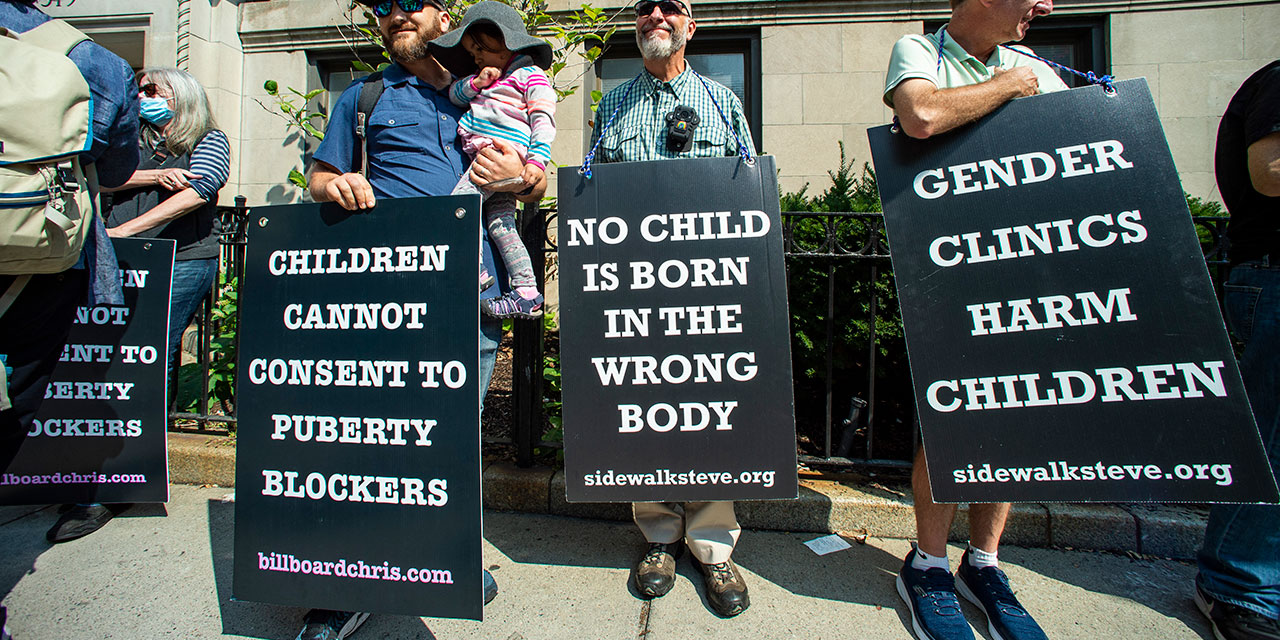Last week, President Donald Trump nominated Ellie McCance-Katz for the newly created position of Assistant Secretary for Mental Health and Substance Use. The Senate should confirm her without delay. Trump promised to “drain the swamp” in Washington, and as I document in my book, Insane Consequences: How the Mental Health Industry Fails the Mentally Ill, no agency needs draining more than the Substance Abuse and Mental Health Services Administration (SAMHSA), which McCance-Katz will oversee.
McCance-Katz knows SAMHSA well. She was formerly its chief medical officer, but the agency’s anti-psychiatry, anti-treatment positions were so brazen that she did not renew her contract when it expired. Instead, she wrote a scathing exposé of SAMHSA in Psychiatric Times: “There is a perceptible hostility toward psychiatric medicine: a resistance to addressing the treatment needs of those with serious mental illness and a questioning by some at SAMHSA as to whether mental disorders even exist—for example, is psychosis just a ‘different way of thinking for some experiencing stress?’”
The orientation McCance-Katz describes here is increasingly common within a community of professionals that should know better. The glamorization of serious mental illness as a means of perceiving a deeper, more intense version of reality grew out of the 1960s anti-psychiatry movement. According to this school of thought, it’s abusive to impose our constructs of normal mental and emotional functioning even on seriously mentally ill people.
McCance-Katz correctly identifies the principal culprit in this thinking: SAMHSA’s Center for Mental Health Services. CMHS “chooses to focus on its own definition of ‘recovery,’ which generally ignores the treatment of mental disorders,” she says. Accordingly, her first step should be to replace Paolo del Vecchio, the current CMHS administrator, with an official committed to expanding the use of evidence-based practices that improve outcomes for people with serious mental illness—not pop-psychology “wellness programs” for the general population. Del Vecchio is not a medical doctor or a psychologist: he has a degree in social work and is a “self-identified mental- health consumer, trauma survivor, and person in recovery from addictions.” In his official capacity, del Vecchio dangles the lure of $500 million in federal dollars to convince states to enlist “mental-health consumers” like himself as peer counselors, effectively replacing trained professionals. McCance-Katz properly condemns the suggestion that “one can become a mental-health professional by virtue of having a mental illness.”
Representative Tim Murphy (R., PA), a psychologist and advocate of improved care for the seriously mentally ill—and the legislator behind the creation of the position to which McCrance-Katz has been named—has come out against her nomination. His reasoning is that she used to work at SAMHSA and is therefore part of the problem. But blaming McCance-Katz for the dysfunction at SAMHSA is like blaming Rep. Murphy for the dysfunction in Congress. He’s been part of the solution and so has she.
Those who support the SAMHSA status quo—especially administrators like del Vecchio and managers of programs serving those with less severe mental-health problems—will no doubt oppose McCance-Katz’s appointment. For the seriously mentally ill, however, who have for years been shunned by SAMHSA and CMHS, President Trump has perhaps signaled the dawn of a new day.
Photo by Dan Kitwood/Getty Images





